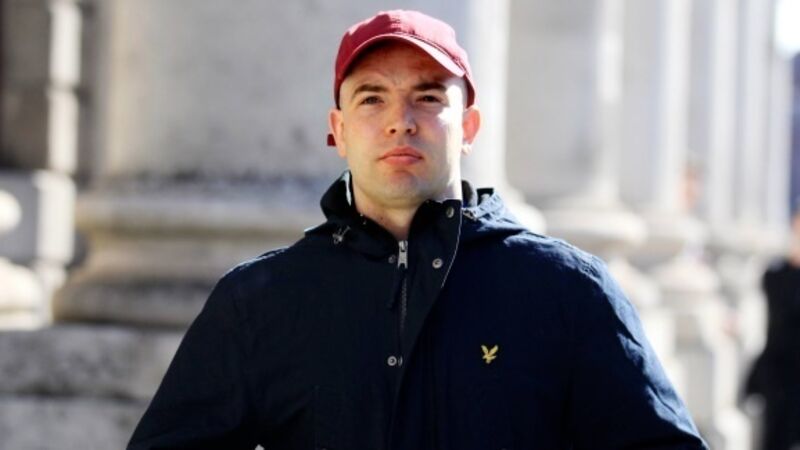IRA conviction quashed on appeal

Sean Farrell, aged 28, of Kilfenora Road, Crumlin, Dublin, was convicted at the Special Criminal Court in December 2012 of IRA membership on July 7, 2011. He had always maintained his innocence.
His appeal was supported by independent TDs Clare Daly and Mick Wallace who were both present in court for the verdict. Speaking afterwards, Ms Daly said they were delighted with the decision. They had visited Mr Farrell in prison.












